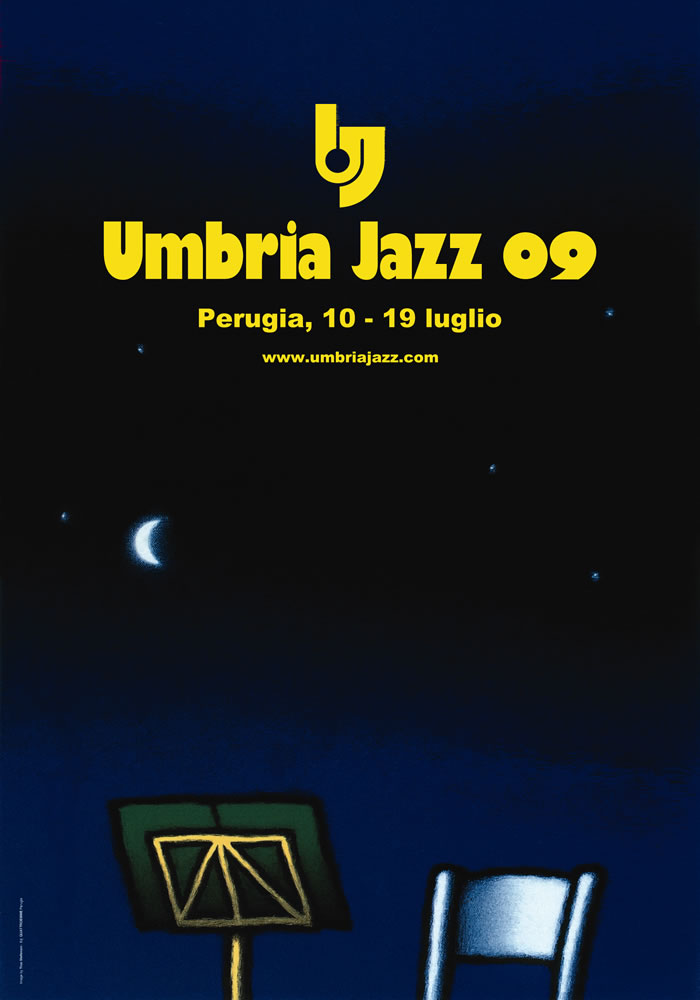Once again the Festival opened with the music of Stefano Bollani, who by then had come to symbolize the revival of Italian jazz, together with the famous piano maestro and trend-setter, Chick Corea: the Italo-American star was surprised by his fellow musician’s talent, and their meeting at Perugia led to the recording of an album, “Orvieto”, at the UJ Winter Festival. Other meetings of musicians included that of Wynton Marsalis acting as guardian to the prodigious young musician Francesco Cafiso. The programme offered a vast range of musical genres, the inevitable outcome for a Festival that while originating as a purely jazz happening, had been “contaminated” from the very start due mainly to its excessive popularity. There were famous songwriters like Paolo Conte, Burt Bacharach and James Taylor.
But there were also representatives of what had once been known as avant-garde jazz: Cecil Taylor, leader of the free jazz pianists, and George Lewis, an eclectic trombone player, standard-bearer of 1970s creative jazz. There were a couple of refined pop groups – Steely Dan and Simply Red. There were also representatives of more orthodox jazz styles, such as McCoy Turner with Bill Frisell, the Roy Haynes Trio, and Ahmad Jamal. The programme also included a special section dedicated to the music of past jazz masters: homage to the memory and music of Nat King Cole was paid by crooner-guitarist George Benson, the singer Allan Harris, and Nat’s brother Freddy Cole; while Charles Mingus was commemorated by the big band that tours the world in his name, and by the Italian group Quintorigo. Finally, authentic black music was represented by the veteran bluesman, B.B. King, by Solomon Burke, and by James Brown’s sax player Maceo Parker.
